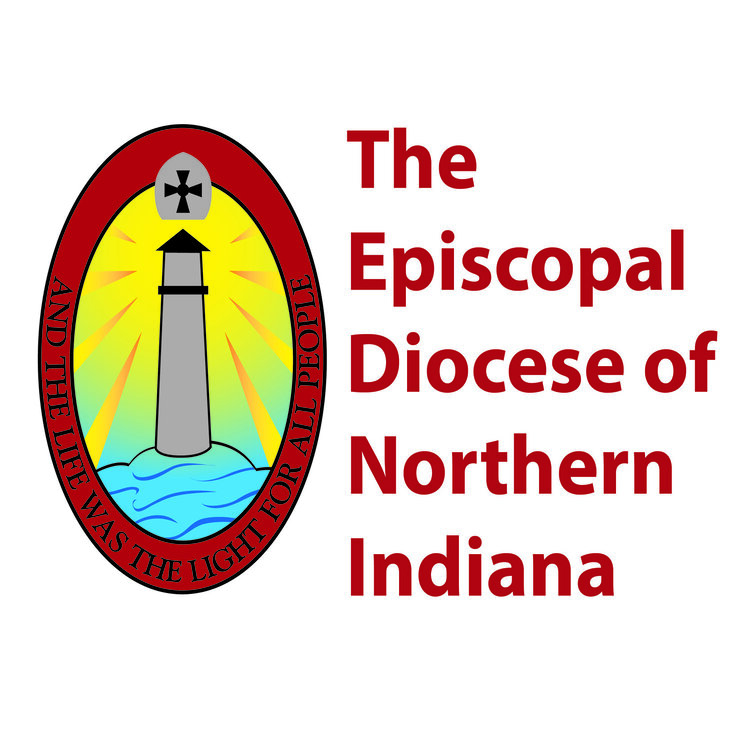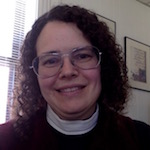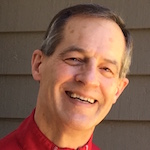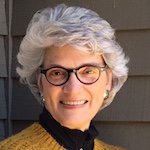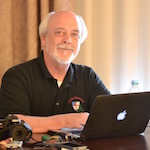Mutual Ministry Review (MMR)
All parochial clergy in the Diocese of Northern Indiana have in their Letters of Agreement the requirement to arrange for an annual Mutual Ministry Review (MMR) with the lay leadership of the parish. The purpose of this MMR is to create a formal opportunity for clergy and lay leadership to pause and appreciate the qualities that inform their life and work together. The MMR is not a performance evaluation for either the clergy or the laity. Led by a trained facilitator, the MMR helps a faith community’s leadership team:
Reflect on the work that has occupied the majority of the team’s energy over the past year—What have we done?
Appreciate the most positive features of the team’s engagement in that work, take the opportunity to appreciate and give thanks for God’s hand in that work, and reflect on ways that those positive features might be extended to other work in which the team engages—What have we done well?
Identify the ways in which the team might improve its engagement in that (or in similar types of) work—What could we do better?
Dream aloud about goals the team might set for the coming year, while clarifying expectations about each team member’s potential contributions toward those goals—What more can we do together?
Because the MMR is not a performance evaluation, it should not be used an as opportunity to set future clergy compensation based on merit. That conversation is best reserved for a separate, subsequent meeting for review and revision of the Letter of Agreement for each member of the clergy and staff.
Preparing for Your MMR Beforehand
An MMR is a diocesan-facilitated conversation, so that clergy and lay leadership may fully participate without the need to direct conversation or take notes. Having a facilitator from outside of the parish—they do not facilitate MMRs in their own parishes—provides the MMR participants with an outsider's perspective on the work they have been doing. The facilitator can thus put the work of the faith community in a broader diocesan context while noting the uniqueness of gifts that the faith community may be taking for granted.
The first step, then, is to choose a trained facilitator. We currently have six MMR Facilitators:
Terri Bays—has been Priest in Charge at the Church of the Holy Trinity in South Bend since 2014 and Diocesan Missioner for Transitions and Governance since 2016. A member of this diocese since moving to South Bend in 1999, she was sponsored for ordination by Trinity, Michigan City and served as Assistant to the Dean at the Cathedral of St. James from 2012-1016. She deeply enjoys working with faith communities to help them discern their own particular gifts and bring those gifts to fruition in the midst of the communities in which they have been planted.
Joe Tamborini Czolgosz—formerly of the Episcopal Diocese of Chicago and now a priest of the Church of Northern Indiana, engages Mutual Ministry as a Spirit-empowered way to discern the leadership God would have us engage and to grow the church. With more than sixteen years of full-time ministry as pastor/rector, doctoral level work in the areas of evangelization and congregational development, and twenty-plus years of specialized ministry as hospital chaplain and supervisor (CPE) for people preparing for professional work in church and medicine, he has learned to listen deeply for the signs and call of God’s Spirit. He believes the intentional, complementing ministries of lay and clergy leaders best yield the marks, the fruits of church mission.
Susan Tamborini Czolgosz—a former member of the Bishop’s staff of the Diocese of Chicago (with responsibilities for transitions, leadership development and consulting with congregations), and now a lay leader in the Church of Northern Indiana, views Mutual Ministry Review as a formative process in developing leadership and in growing the church. Susan has 20-plus years of experience consulting with congregations, middle judicatories and faith-based non-profits helping them to listen deeply to God’s call in their ministries. Her work focuses on assisting them discern and then create pathways/strategies for their futures.
Marie Gambetta—has worn many hats over the years since graduation from DePauw University. Classroom teacher, independent consultant, National Geographic educator, Lincoln Park Zoo educator, full-time parent, bookkeeper, volunteer, small business entrepreneur, DCDI trainer, and now CEO of Advanced Dental in Dyer, IN. Each of these positions has shaped her and she counts herself blessed to have earned so many friends along the way. She feels fortunate to be doing exactly what she loves and with people she enjoys. Making a difference in people's lives every day is her primary aim. If she can uplift people along the way and bring them joy, so much the better.
Tom Hansen—Ordained to the Priesthood in 1978, has served congregations in Colorado, Wyoming, Nebraska, and Indiana. His life as an Episcopal Priest has located him in rural, suburban, and urban settings. A highlight of his years in ministry was serving as a church planter and missioner in the Diocese of Nebraska. He accepted a call to be Rector of Trinity, Fort Wayne, in June 2006 and served there until retiring in January 2017. Tom is completing studies for certificates in Coaching and Transitional Ministry using the Appreciative Way via the Clergy Leadership Institute under the direction of the Rev. Dr. Rob Voyle. He is also a Certified Veriditas Labyrinth Facilitator and enjoys weaving the use of the labyrinth into his ministry and his personal spiritual walk. He looks forward to continuing in ministry in a variety of ways.
Some of our facilitators are lay leaders, and some are ordained. They come from various parts of the diocese, and they represent a variety of styles. This variety should enable you to find a facilitator who best suits your needs. If you have questions or would like assistance regarding your choice of a facilitator, please contact Missioner Bays in the Diocesan Office. Otherwise, simply click on one of their names in the list above to send them a request directly. Although our MMR Facilitators offer their ministry free of charge, we do ask that your parish reimburse them for their mileage to and from your MMR site at the current IRS rate for volunteer service to charitable organizations ($.14/mile for 2017).
The next step is to select a date, a time and a place. Please allow for a three-hour meeting devoted entirely to the MMR, and consider sharing a light meal beforehand or snacks throughout. When done well, an MMR can be a deeply rewarding experience that requires the full emotional engagement of participants. Try to schedule a time when other business can be set aside and a place where participants will be comfortable and free from physical distractions.
Because an annual MMR is part of the healthy governance of the parish, it is desirable that as many vestry members be able to participate as is logistically possible. You might consider inviting other lay leaders as well, especially if their ministries have been a particular focus over the past year. Exercise careful judgement in order to balance the desire for inclusion with the desire to keep participation at a scale that promotes productive conversation.
The last step is to provide participants with the questions above so that they might prayerfully reflect upon them for at least a week before the MMR. Remind participants to invite the Holy Spirit into both their personal time of discernment and your communal time of sharing.
For the MMR
All you will need for the MMR itself will be:
a comfortable, quiet room in which to gather
a flip chart and
markers.
As noted above, sharing a light meal beforehand or snack during the MMR will help participants maintain their energy and keep their focus. Temperature control and regular breaks will likewise help participants avoid the distractions of discomfort.
After the MMR
Within a week or two of your MMR, your facilitator will provide you with a write-up of the ideas the MMR generated. The facilitator will also complete an MMR Report to be shared both with participants and with the Diocesan Staff.
The Episcopal Diocese of Northern Indiana (574) 233-6489 117 N. Lafayette Boulevard, South Bend, Indiana 46601 info@ednin.org
